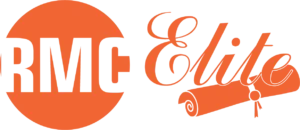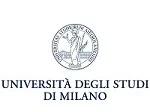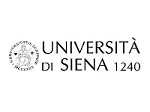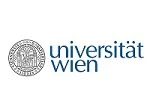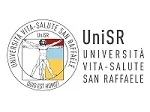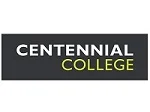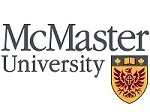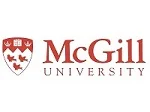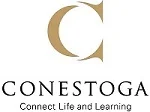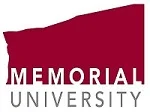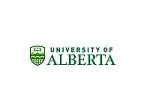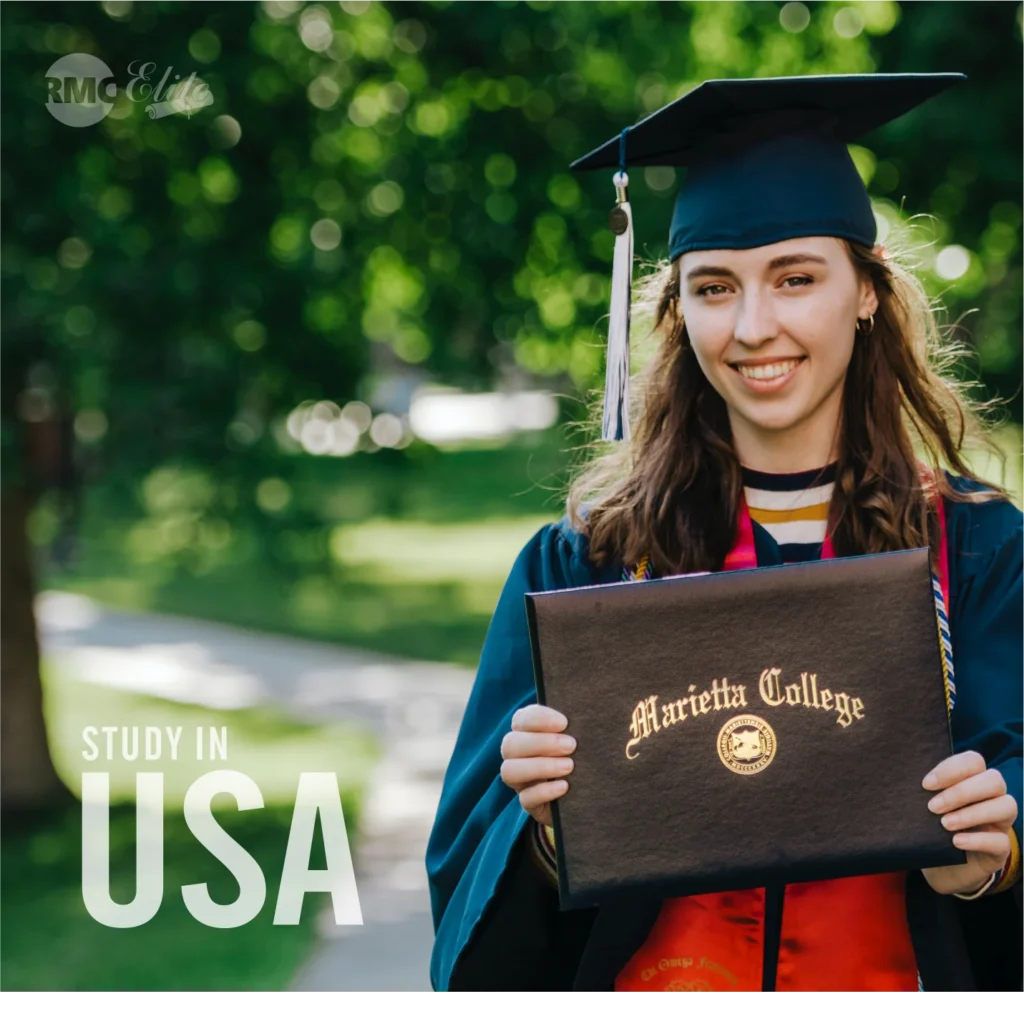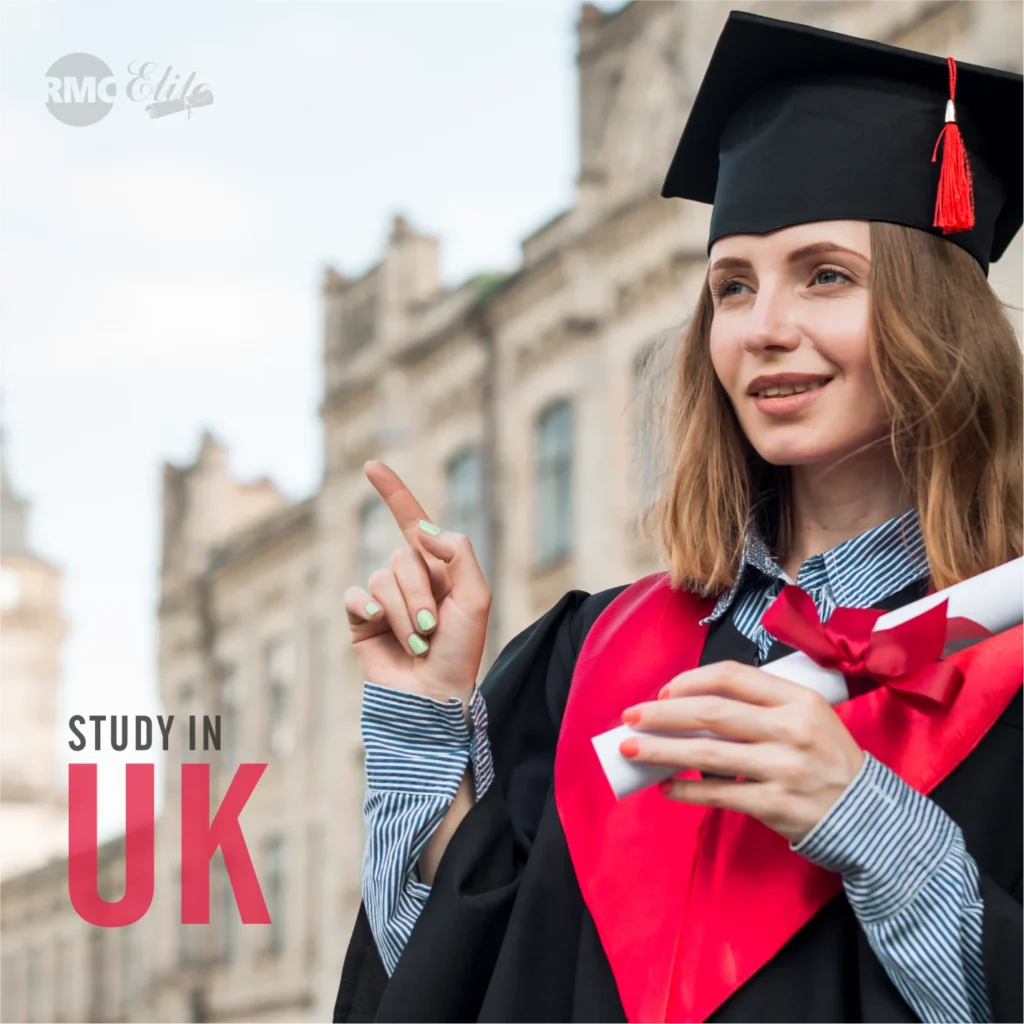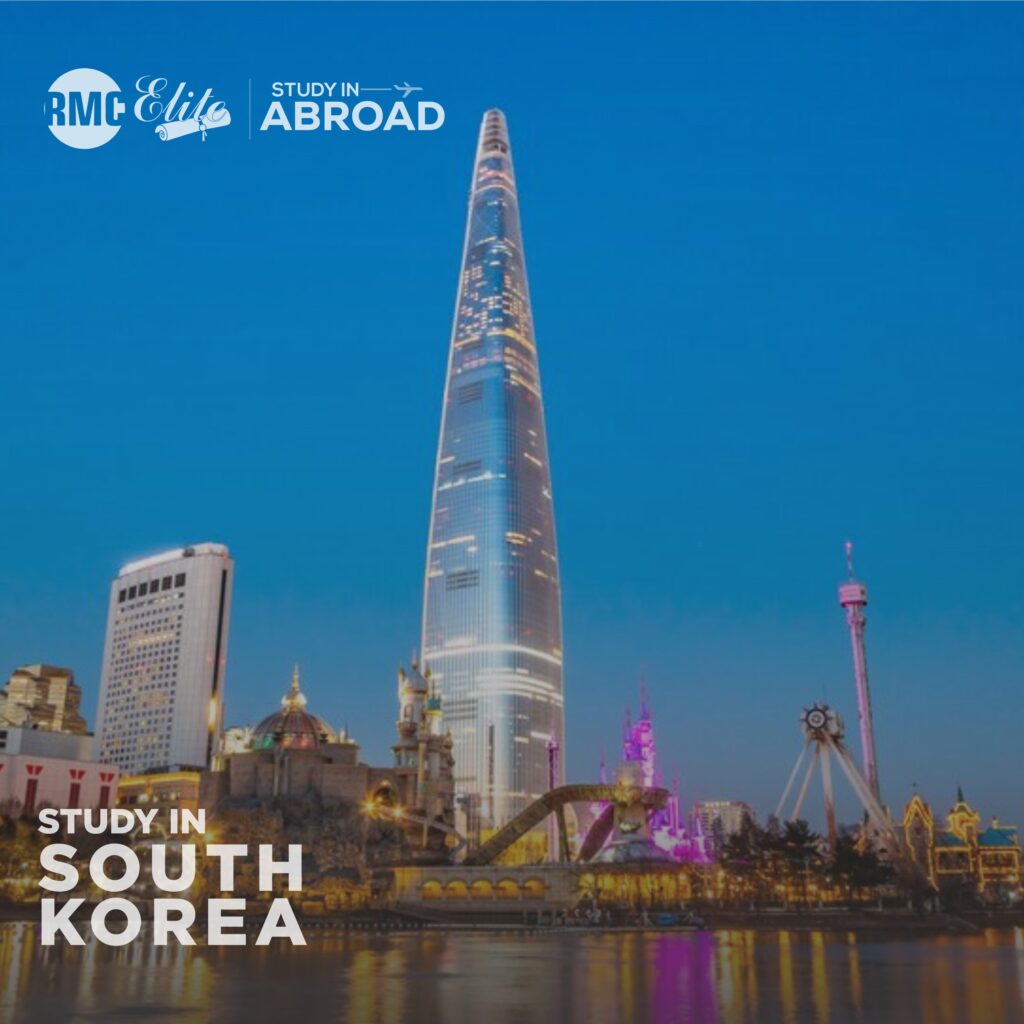
About South Korea
South Korea is a very booming nation in the world. There are more than 200 universities in Korea. Seoul is the prime location and is the dream destination of many students because Seoul is the capital city of South Korea and some of the top Universities are based in Seoul.
South Korea is one of the safest and friendliest destinations for Study abroad
Korea has made significant development in the living conditions over the span of a few years. As a result, it is now considered to be an excellent location for studying, living, traveling, and working South Korea provides internationally acclaimed degrees at a very affordable budget. Annual tuition fee for undergraduates can start from as low as 4000 USD depending on the type of program & University selection
The Korean language for this student also available good opportunity for
South Korea has an excellent educational system which provides good scholarship opportunities both from the universities as well as the government which makes education more affordable.
Earn while you learn: South Korea has a very stable and developed Economy. So earning is very easy as there are plenty of job opportunities both part time as well as full time. Thus covering once expenses while studying becomes rather effortless.
Living expenses are cost effective. Due to excellent transportation system & relatively inexpensive fooding & lodging systems, the overall budget as compared to any other overseas destination is much cheaper.
Brief Overview of Studying in South Korea as an Indian Student
South Korea, officially the Republic of Korea, is one of the best. countries -leading countries in reading, literacy, mathematics and science. Korean education ranks fourth in the world with 523 points according to January 2024 reports.
South Korea stands tall as one of the most educated nations in the world due its widespread pre occupation, known as “Education Fever”, and the large proportion of its people with postsecondary degrees!
With a plethora of degree and skill development programs, cutting edge facilities, contemporary infrastructure, and scholarship programs, this East Asian country has gained widespread popularity as a study abroad destination. Thus, if you intend to make your future bright by studying in South Korea, lets take a deep dive in the how’s and why’s.
Quick Overview Of Study in South Korea
| Capital | Seoul |
Currency | South Korean Won(Krw) * 1 Inr 16.1262 Krw |
Top Universities | Seoul National University, Kaist, Pohang University of Science and Technology(Postech), Korea University |
| Scholarship | The Undergraduate Koean Government Yonsei University Scholarship for UG Program Global Korea Gks for Asean Nations |
| Common Language | Korean, English, Japanese |
| Intakes | August / September |
Importance of Studying In South Korea?
- Affordable tuition fees Korea has the same policy for its local and international students. Both categories pay the same fees. Compared to countries like USA, Canada and Australia, the fees are not that high. Bachelor’s and Master’s Program – Cost starts at 1,000 – 1,500 USD and can reach 21,ooo USD per semester.
- Quality Education
It is ranked among the triumphs of modern and world-class university. It offers a range of programs to choose from straddling various disciplines like GLOBAL MBA, MBA, CLINICAL PSYCHOLOGY, MECHANICAL ENGINEERING, PUBLIC ADMINISTRATION, etc.
- An information and Communication Giant
Talking about ICT, few countries can equal the outstanding success of significant South Korean corporations like Samsung, LG, and SK Hynix regarding ICT. Hyundai and Kia are major players of automobile.
- Culture
South Korea is said to be friendly and welcoming. It provides a safe and steady environment for international students. The food, festivities and the hospitality of South Korea will win your heart. It will soon be your home away from home and is an ideal destination for studying abroad.
Interesting Facts About South Korea
* South Korea has the weirdest museums.
* South Koreans often greet with “Did you eat rice?” than “How are you?”
* Waste management is strictly managed and people can be fined if not adhered.
* South Korea boasts the world’s fastest wireless internet speed.
* It is a cultural belief to not write a Korean’s name in red ink.
Eligibility Criteria For Indian Students
After graduating from high school, you must meet specific requirements for admission to South Korea's universities.
The following are the main prerequisites for international students to study in South Korea:
- Education: To complete a bachelor's degree in South Korea, an applicant must have completed 10+2 or 12 years of elementary and high school studies to apply for a master's program, an applicant must have a bachelor's degree for a master's program and a master's degree for a doctoral program.
- Language Proficiency Tests: You must submit your TOEFL results if you're applying to South Korean courses taught in English, and your TOPIK results must be submitted with your application if you're applying to programs taught in Korean.
- Percentage Needed to Get Admission in South Korean Universities: To get admission in South Korean Universities, Students need to maintain a minimum percentage of 70. Students must also participate in other activities like sports, community services, lead some projects to stand a good chance in getting admission.
Top Universities Of South Korea
| University | Location |
| KAIST (Korea Advanced Institute of Science and Technology) | Daejeon |
| Seoul National University | Seoul |
| Chonbuk National University | Jeonju |
| Korea University | Seoul |
| Yonsei University | Seoul |
| Dongguk University | Seoul |
| Hanyang University | Seoul |
| Kyung Hee University | Seoul |
| Pusan University | Busan |
| Sogang University | Seoul |
South Korea is home to several prestigious universities known for its academic excellence and research prowess. The Universities below mentioned offer a wide range of programs across various disciplines, including, engineering, business, humanities, and natural sciences. Students have access to state-of-the-art facilities, cutting-edge laboratories, and opportunities to engage in groundbreaking research projects.
About Universities Of South Korea
Seoul National University – Seoul National University founded in 1946 as South Korea’s first national
university, Seoul National University is one of the three prestigious SKY universities and provides research-led liberal education to around 28,378 students from undergraduate to PhD level. According to data collected by the Korean Educational Development Institute, Seoul National University spends more on its students per capita than any other South Korean university with more than 10,000 students.
The school has two campuses in the city of Seoul – one in Gwanak on the southern side of the city and one within the city center in the district of Jongno, which is also the largest campus in the capital. Seoul National University also has an impressive portfolio of international partnerships, with as many as 289 universities in 58 countries collaborating with the school.
Korea Advanced Institute of Science and technology-. Situated in Daejeon, KAIST is a public research university with a current student population of just over 10,000, KAIST was established as the nation’s first research-led science and engineering institution. The majority of programs at KAIST are within STEM (science, technology, engineering and mathematics) fields, and the university ranks among the world’s top 100 institutions in 13 subjects.
Just over a two-hour train ride south of the capital, KAIST is part of the technology hub of the city of Daejeon, the fifth largest metropolis in South Korea and one of Asia’s closest equivalents to Silicon Valley in the US.
Pohang University of science and technology - Another university offering a science and technology-focused
curriculum, POSTECH is a private research university with a vast 378-acre smart campus, located 20 minutes’ drive from downtown Pohang. It includes not only all the usual facilities – student accommodation, cafés and so on – but also a digital library, a sports multiplex, beautiful gardens and water features, a sculpture park and a pub called the Log Cabin, which, true to its name, is built entirely from logs. There are also the infamous “78 stairs of horror”, which must be climbed to get from the dormitories to the lecture rooms – rather a daunting prospect if you’re running late for class.
POSTECH was the first South Korean university to be officially labelled a bilingual campus in 2010, with the majority of events and programs at junior, senior and graduate level taught in both Korean and English.
Yonsei University- Yonsei University, established in 1885 as the first Western institution of learning in Korea, is the leading university located in the heart of Seoul. Yonsei University makes significant contributions in all major academic research areas, including the fields of medicine, biochemistry, human health, engineering, materials science, chemistry, and neuroscience, as well as the areas of the humanities and social sciences. The University’s 153 research centers and institutes conduct interdisciplinary, policy-relevant research and foster globally-minded, creative leaders of convergence research. Yonsei University has become the focal point of global attention for its current initiatives to promote sustainable development and actively engage in critical global issues such as climate change, poverty and inequality.
Korea University - The third private research institution included in the SKY trio, Korea University has a long-
held rivalry with Yonsei University which is reflected in the many competitive sporting events between the two. Korea University currently has a student body of around 37,000, and, of its faculty of 1,700, over 95 percent hold a PhD or equivalent within their field. The school’s college of law is reputed for offering one of the most prestigious undergraduate law programs in the country. The university, which boasts an Olympic-sized ice rink within its campus, also ranks highly for chemical engineering, social policy and administration, modern languages, politics and accounting and finance.
Located in Seoul, Korea University is departmentally divided across the city, with its main Anam campus just minutes away from a popular selection of restaurants, bars, shops and cultural attractions, including a famous Buddhist temple.
Hanyang University - Hanyang University was established in 1939 by Lyun-Joon Kim, who desired greatly for the advancement of the country through technology education. Hanyang University was very proud of starting out in the area engineering, but now it is even more proud of the reputation that it carries as it slowly expanded the education range to medical, humanities, social sciences, performing arts, and much more. Thus, through the program of fostering a global leader, all of this accomplishment continues even to this very day and it is being recognized as one of the biggest promising universities that can actually develop and make a difference. Hanyang University was built on the spirit of Love in Truth, and in Deed. Its purpose was to educate the students to understand what love is and how they can act upon it through hard work, honesty, politeness, and community service.
Top Courses Study In South Korea For Indian Students
South Korea is renowned for being an Internet and communication giant, and popular for its media and entertainment. It has taken over the world with its pop culture and music. It gives you a room to exercise your creativity and introduce novel concepts into the globe. It is an excellent site for history buffs because of its fascinating and complicated political past and fascinating history. Courses to learn in South Korea:
- Civil Engineering degrees
- Business Administration degrees
- Language degrees
- Music degrees
About Courses Study In South Korea
- Language degrees – Department of Korean Language & Literature cultivates national identity and also globalization through in-depth learning of the Korean language and culture. Furthermore, the department enhances students' ability to be self-reliant through diverse conferences/seminars. Korean Universities offers a wide range of language programs such Korean language and literature, Bachelor in Japanese language and culture, Bachelor in Chinese, Bachelor in Turkish- central Asian languages.
- Civil Engineering degrees- Civil Engineering is taken very seriously in South Korea. The department of Civil Engineering aims to foster competent civil engineers with ethics through the instruction of professional knowledge required to design, build and maintain environment-friendly infrastructures. Some civil engineering degrees offered by the Korean Universities are Civil and Environmental Engineering, Smart City Construction, Global Construction Management , Civil, Environmental and Architectural Engineering, Architecture Engineering, Construction Machinery Engineering.
- Business Administration degrees – The Bachelor of Business Administration (BBA) is a practical and international program designed to help students develop the fundamental business and management skills needed to kick-start their career. BBA students build their academic foundations for developing a successful career by learning key business concepts in their first and second years. They will advance to one of the seven specializations (Finance, Management and Entrepreneurship, Marketing, Technology and Innovation, Data Analytics, Sport Management, or K-ACE (Korean Art, Creativity, and Entertainment) or complete a non-specialized general degree in their fourth year. Universities offer bachelors and masters in Global Hybrid Dual Degree Program, Global Business Administration, Business Administration ,Techno MBA Korea MBA and many more.
- Music degree - The Department of Korean Music has developed and expanded Korean traditional music. Many of the performers of Korean traditional music who educate the public both in Korea and in other nations around the world, are graduates of the top most universities of Korea. The courses offered are: Bachelor in Instrumental Music. Sungshin Women's University. Seongbuk-gu, South Korea. Bachelor. On-Campus. Kanuri. Music Major. Korean National University of Arts, K ARTS. Seongbuk-gu, South Korea. Bachelor. On-Campus. Kanuri.
Scholarships Availability Programs of Study in South Korea
South Korea offers many scholarships to international students, requirement for every scholarship is different and is graded from the GPA or academic performance of your previous year.
| Scholarship
|
Details |
| Global Korea Scholarship | 1. For graduate and undergraduate degrees.
2.. Pays for things like airfare, health insurance, housing expenses, tuition, etc. 3. GPA above 80% is required. 4. Citizen of Korea cannot apply.
|
| GKS for ASEAN Nations | 1. For programs- science and engineering 2. Must be a citizen of one of the ten ASEAN countries 3. Proficiency in Korean and English is needed. |
| Korean Government Scholarship Program | 1. Government cooperation between Korea and India 2. Master's, PhD, and post-doctoral programs in International Relations, Biotechnology, Electrical Engineering, and Korean Language |
Cost of Study in South Korea
Korea has the same policy for its local and international students. Both categories pay the same fees. Compared to countries like USA, Canada and Australia, the fees are not that high. Bachelor’s and Master’s Program – Cost starts at 1,000 – 1,500 USD and can reach 21,ooo USD per semester .
Tuition Fees in South Korea
| Program | Approximate Costs |
| Associate Degree | Associate Degree INR 1.22- 2.12 Lakh |
| Undergraduate Course | INR 1.31-INR 8.19 Lakh |
| Postgraduate Program | INR 90,091 – INR 8.19 Lakh |
Cost of Living in South Korea
| Types | Approximate Costs Per Semester |
| Accommodation | Dormitories: INR 49,414-INR 1.14 Lakh Boarding House: INR 24,570-INR 49,414 Rented Apartments: INR 24,570* The cost can further vary based on the city, single/shared rooms, and whether it includes food services or not |
| Other Expenses | INR 32,760- INR 40,950 This includes transportation, food, medical insurance, internet, stationery etc. It can vary based on the city. |
Work And Study Together in South Korea
South Korea provides you with the option to work while studying on the same visa (D-4) Language Visa and (D-2) Student Visa. Students are allowed to work – part time, if the university they are enrolled in allows for it.
Students go to immigration office to get a permit to work part- time.
* UG students are allotted 20 hours a work (Monday to Friday)
* PG students are allotted 30 hours a week
* Weekends are off for both categories.
Part time jobs are essential for internation students. While applying for the job, it is important to submit some documents including passport, LORs and an enrolment certificate from university.
Career Prospects
As a member of OCED and one of the leading economies of G-20, South Korea ensures financial security for students following graduation. Further, South Korean Universities have strong tie – ups and partnership with various recruiters across global sectors.
Studying in South Korea will not just enhance the stars in your resume but also would transform you into someone new with the right skill set to conquer the global market. It will open your ways to seek the best jobs the world has to offer. Thus, the career prospects are massive! Top Recruiter in South Korea are Samsung, IL Jin, LG, Posco, Kia motors, Cheil , Hanon, , Hyundai
South Korea offers a wide range of options for students who are interested in higher education abroad. South Korean Universities are prominent and hold strong reputation in the market, thus, would spike your resume and gain you an upper hand in the best companies globally.
The below mentioned industries provide a good scope of work due to their high recruitment drives:
* Semiconductors and Electronics
* Vehicle Manufacturing
* Steel and Chemical Sectors
* Telecommunications
* Information Technology
* Research and Development
* Teaching
* Editor/Content Writer
Markets of South Korea are competitive, Knowing the Korean language with your Korean degree gives you an edge in the market. The sector which is more popular amongst the Indian students is IT. The salaries offered are handsome and sustainable for a computer Engineer or a Business graduate. The salary bracket for a computer engineer reaches up to INR 38.67 lakh annually (USD 46,980) and for a Business graduate INR 61 .33 Lakh annually (USD 74,000)
How to Apply to Study In South Korea for Indian Students
South Korean universities have their own website that allows future students to apply and enrol in their degree programmes. Upon choosing your preferred university, you can then fill out the application and send in , with your supporting documents.
* Scanned copies of diploma or high school certificates
* Recommendations letter [LOR].
* Proof of proficiency in either Korean or English language (depending on the program one is applying to).
* A transcript/ record of previous courses
* Resume
* Scholarship Evidence or Funding
* Portfolio / Written sample / The purpose statement
* Medical certificate
WHEN TO APPLY?
South Korea has a two-semester system same as other countries. Go through the following information if you intend to study in South Korea and would like to know more about the specifics of the fall versus spring semesters:
- The first day of classes is always in March.
- September admissions are also available at some universities.
- Applications are accepted from September to November for March enrolments.
- In contrast, applications are taken in May and June for September admissions.
Application Deadlines for South Korea
The deadlines for applying to a Master’s in South Korea are during summer (June-July), or in winter (January-February). Some Universities don’t have application deadlines, which means you can apply whenever it is feasible for you. Keep yourself updated with all the information given on the chosen university website.
Send your required documents in advance to make some room for changes and to avoid delays and missed deadlines.
Why Take Admission Through RMC Elite Consultancy?
RMC Elite Consultancy is an experienced and reliable education consultancy that can assist international students in pursuing their education goals in South Korea. Here are some reasons why taking admission through RMC Elite Consultancy can be beneficial:
- Expertise and experience : RMC Elite Consultancy has a team of experienced education consultants who have extensive knowledge of the South Korea education system, universities, and courses. They can provide expert guidance and support to students in selecting the right course and institution to match their goals and interests.
- Admission and visa support : RMC Elite Consultancy can provide assistance with the entire admission process, including application submission, document verification, and visa processing. This can save students time and reduce the chances of errors or delays.
- Personalized support : RMC Elite Consultancy provides personalized support to students, which includes one-on-one counselling, course selection, and guidance on scholarships and financial aid. They also offer pre-departure orientation and ongoing support throughout the student’s stay in South Korea.
- Comprehensive services : RMC Elite Consultancy offers a wide range of services to international students, including accommodation assistance, airport pickup, travel, and health insurance, and job placement support. This can provide students with a seamless transition to studying and living in South Korea.
- Reputation and trust : RMC Elite Consultancy has a reputation for providing quality education consultancy services to international students. They have established a trust-based relationship with their clients, and their success stories can be seen in the testimonials of their satisfied clients.
Frequently Asked Question
Highlighs
About Study In South Korea
Benifits In South Korea
Eligibility & Admission Requirements
Cost of Living
